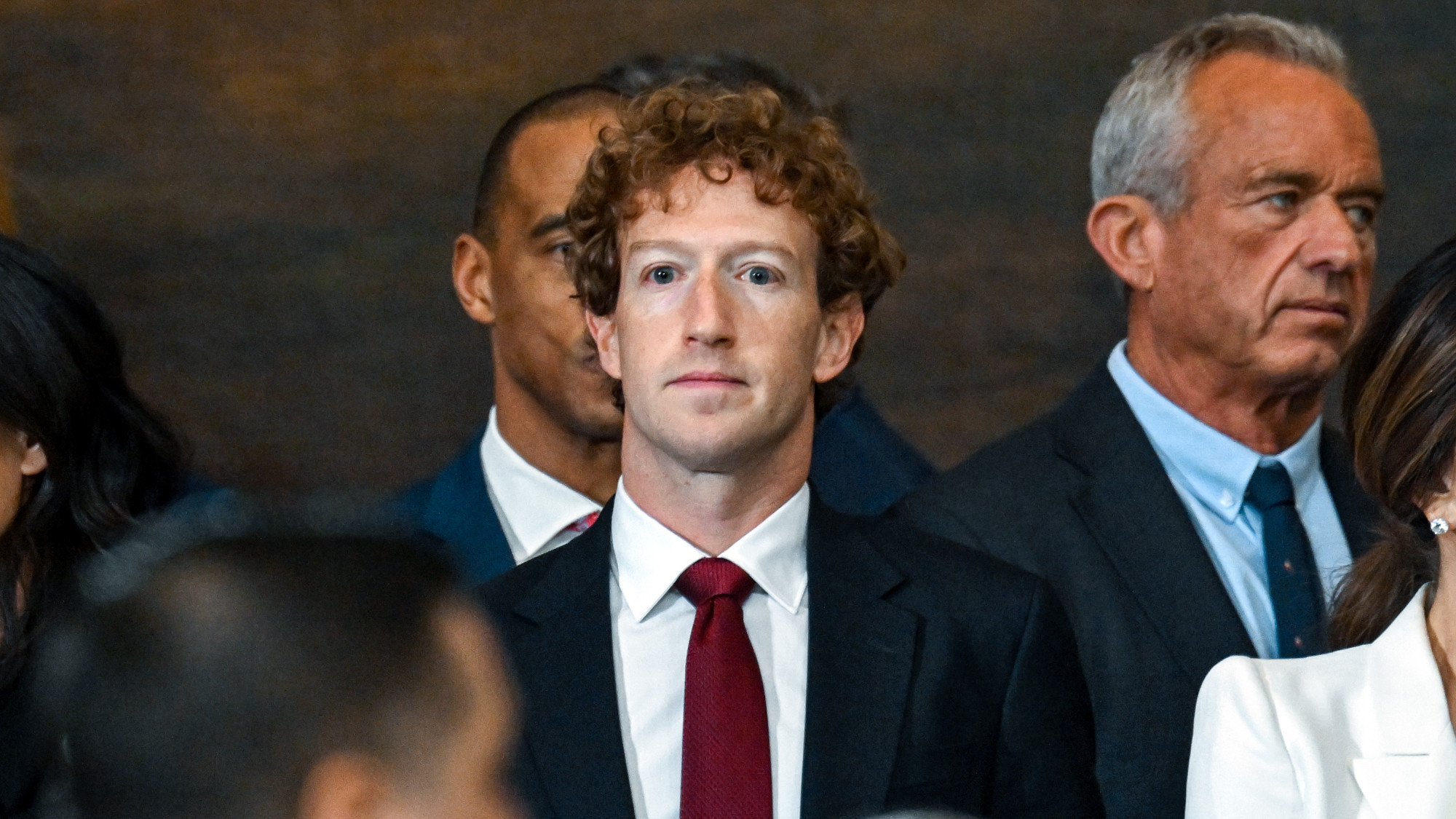Editor's letter: Facebook and the digital future
At a barbecue last weekend, I was talking to two intelligent guys in their early 20s when they said something that nearly made me drop my beer.
A free daily email with the biggest news stories of the day – and the best features from TheWeek.com
You are now subscribed
Your newsletter sign-up was successful
At a barbecue last weekend, I was talking to two intelligent guys in their early 20s when they said something that nearly made me drop my beer. “I quit Facebook,” one of them said. “Deactivated my account.” The other nodded. “I did, too.” What? Why? It was “a time waster,” they explained. Too intrusive. They were tired of getting automatically generated birthday messages and pointless status updates from dozens of pseudo-friends. Twitter and some sharing apps were cooler and more useful, they said, and unmediated contact with real friends was more rewarding. The next day, I ran across Steve Coll’s “Dear Mark” letter in NewYorker.com (see Best Columns: The U.S.). Now, “Facebookistan” isn’t going to collapse like some Mideast autocracy because three of its 900 million users opted out. But GM has pulled its ads off the site, and its stock offering has fallen flat on its face. What happens if lots of cool people decide that Facebook isn’t so cool anymore? Or safe?
I freely admit a surge of schadenfreude here. The newspaper and magazine industries are withering because of all the eyeballs and ads claimed by the Web (see Talking points). To survive, the wise men cry, you must embrace the digital future! Perhaps. But as Ross Douthat points out this week in a New York Times column headlined, “The Facebook Illusion,” Web companies like Amazon and Apple are booming because they sell real stuff. Most “content” companies are struggling online, because their customers pay them nothing, and generally ignore the ads. Even Facebook is having trouble monetizing its 900 million users. What does that mean for sites with, say, 895 million fewer? Maybe giving away your product for free isn’t the future, after all.
William Falk
The Week
Escape your echo chamber. Get the facts behind the news, plus analysis from multiple perspectives.

Sign up for The Week's Free Newsletters
From our morning news briefing to a weekly Good News Newsletter, get the best of The Week delivered directly to your inbox.
From our morning news briefing to a weekly Good News Newsletter, get the best of The Week delivered directly to your inbox.
A free daily email with the biggest news stories of the day – and the best features from TheWeek.com
-
 The Week Unwrapped: Have televised confessions quelled protests in Iran?
The Week Unwrapped: Have televised confessions quelled protests in Iran?Podcast Plus, why has Elon Musk turned from Mars to the Moon? And will the BBC prove to be a puzzles champ?
-
 The week’s best photos
The week’s best photosIn Pictures An Andean god, a rogue squirrel, and more
-
 AI surgical tools might be injuring patients
AI surgical tools might be injuring patientsUnder the Radar More than 1,300 AI-assisted medical devices have FDA approval
-
 Big tech's big pivot
Big tech's big pivotOpinion How Silicon Valley's corporate titans learned to love Trump
-
Editor's letter: Servants of our tools
feature Technology may be giving us more power than we can handle.
-
Editor's letter: The frontier of technology
feature Our species has a defining genius for creating new tools, but it races far ahead of our ability to think through the moral and practical consequences of our creations.
-
Editor's letter: Tech masters or tech slaves?
feature Not so long ago, I would have found it unthinkable to work while on vacation, but that was before I traveled with a trio of tech gadgets.